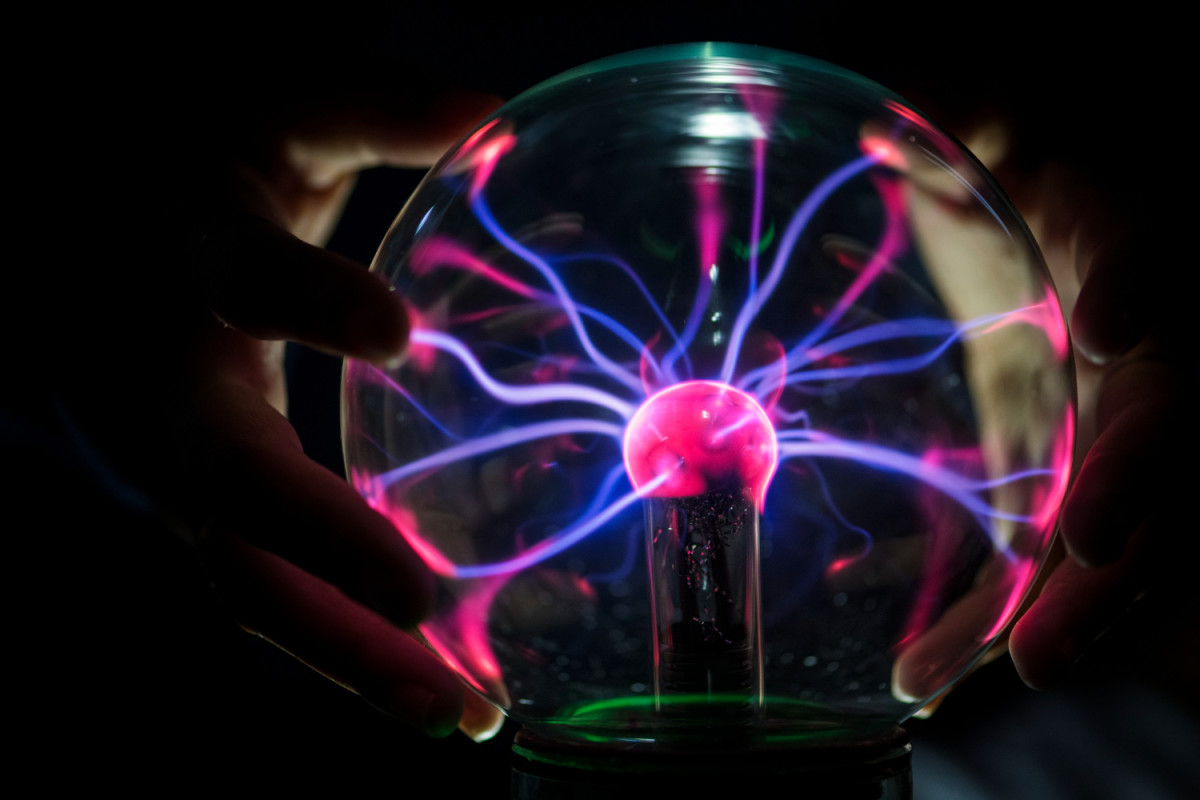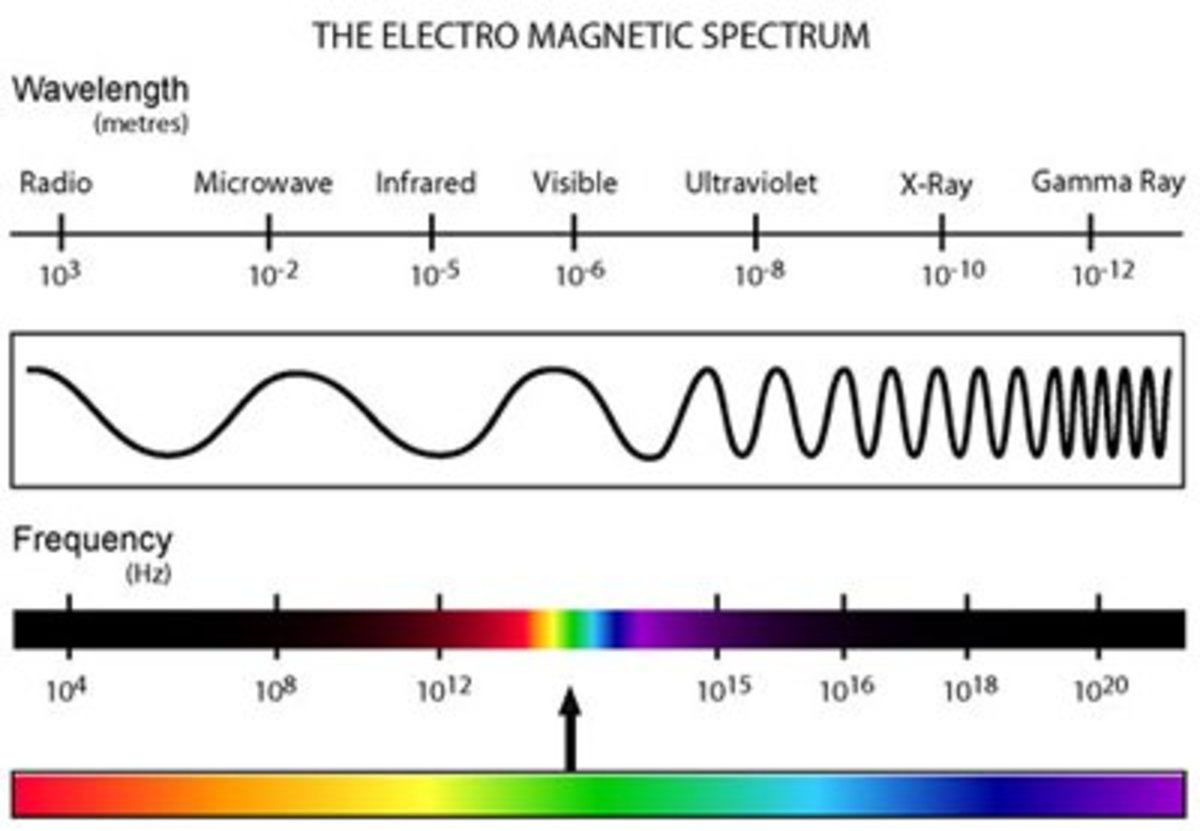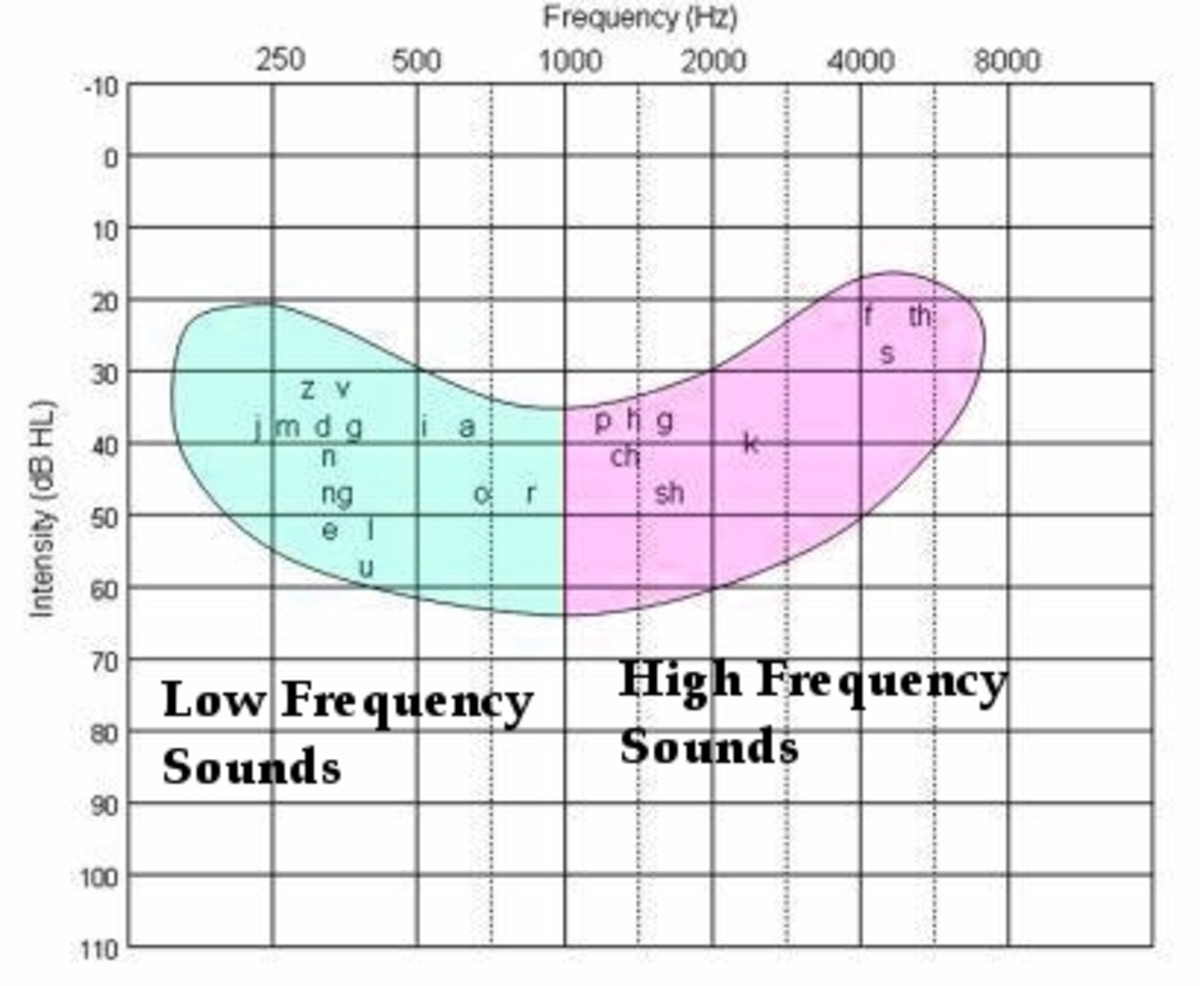The Secret Magic of Music.

For years I have wondered why music could give us emotions. It's like a language. When I hear music quite often it seems to me like the instruments are talking to each other in a language we can't understand in the way we understand words, but it talks to us in emotions. It can make us feel good, bad, sad, happy, energetic, sleepy, etc, etc, etc.
How? Why? It’s just sounds. Well, it turns out there's a very good reason for it.
For years we’ve heard that plants grow better when exposed to music. Talking to your plants is good for them too, apparently. And studies have shown it’s not a far fetched idea at all. But why?
It's all about the very way the world works. Simply put, it's all about vibration/frequency.
A recent medical breakthrough from the Institute of cancer research (ICR), at the Royal Marsden hospital in Sutton, outside London, have proven we can use sound waves to kill cancer cells safely and without chemo or surgery. It works exactly like the opera singer who can shatter glass with a specific note.
It’s called resonance. Everything vibrates at specific frequencies. Find the right frequency and amplify it enough, and things fall apart. It’s been seen in bridge collapses where a specific vibration resonates with the material in the bridge eventually leading to collapse. It’s a well documented phenomenon. Now it may be a cure for cancer.
Entrainment in physics is the process whereby two interacting vibrating systems, which have different frequencies on their own, can merge to the same frequency, also producing resonance, but not necessarily at destructive levels.
From these facts, Dr. Lee Bartel, director of music and health research at the university of Toronto, (and others), have made other recent medical breakthroughs. Sound can actually be used to help people relax, sleep and even help us focus. We already knew this, but now there’s real scientific evidence to prove it.
They started by creating mood music for testing, but then came to the conclusion they could use one note. 40 hertz; or in other words, a low E on the piano. This note can actually reduce pain in clinical tests, and believe it or not, reduce Alzheimer’s symptoms.
Dr Bartel tells us this frequency and others actually impacts/stimulates our very cells and are beneficial in a wide range of health problems including blood circulation. And low and behold, 40 hertz is the frequency neurons in our brains connect to each other easiest and best at. If you have widely varying frequencies in different parts of the brain, they won’t connect at all and you have problems.
Because of entrainment sound therapy can get them all vibrating at the same frequency again and correct the problems. So this is then the magic of music and why it affects us so deeply. It stimulates our brains at the cellular and neuron levels, as well as our subconscious, and draws out emotions like sadness, happiness, or has a calming effect or energizing effect, etc. It really does resonate with us in a physical, not just mental way. In a way then, we can see why music is like a language. It conveys information us in the same way speech does; sound waves.
The information it passes on triggers responses like ideas do. And responding musical instruments are like different voices in a conversation, drawing out emotional responses like a lively conversation or debate does, but without the conscious understanding of the conversation. Much like watching people debate something in a language you don’t understand. You understand what’s being said, but you get feelings about it, and about the people involved just by their reactions. As a musician, I’ve always wondered marveled at it. Now I know why. Sound vibration is part of what we are. It affects us physically as well as mentally, and it actually do all things we’ve always known it could do. And now we know why.








